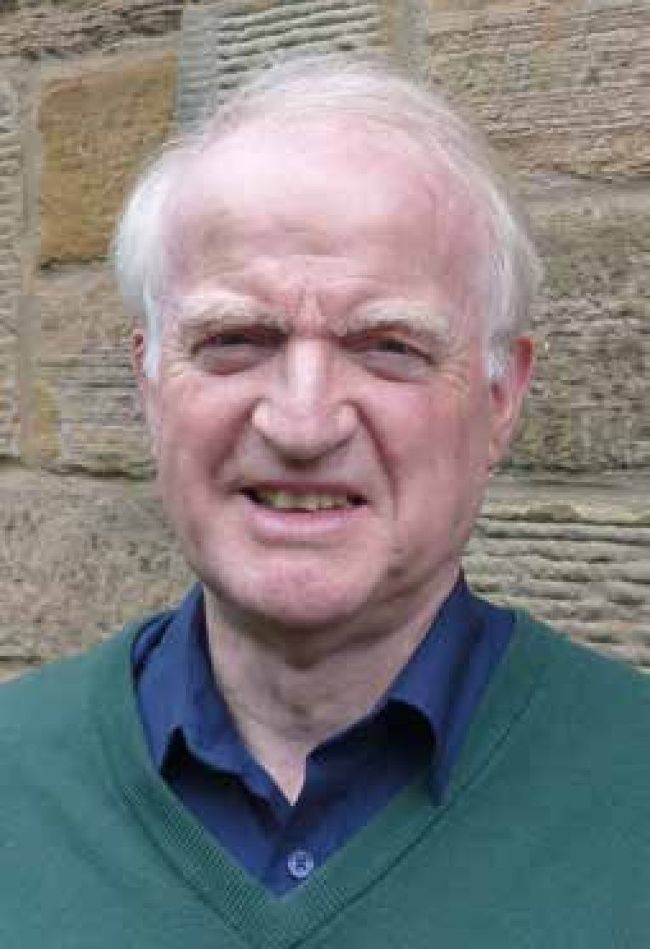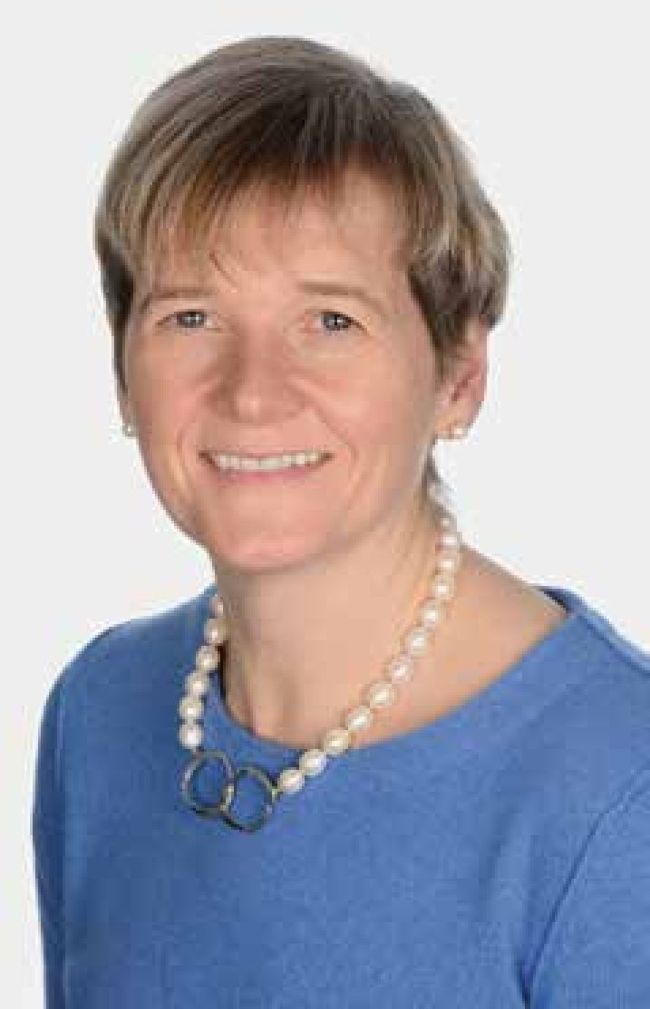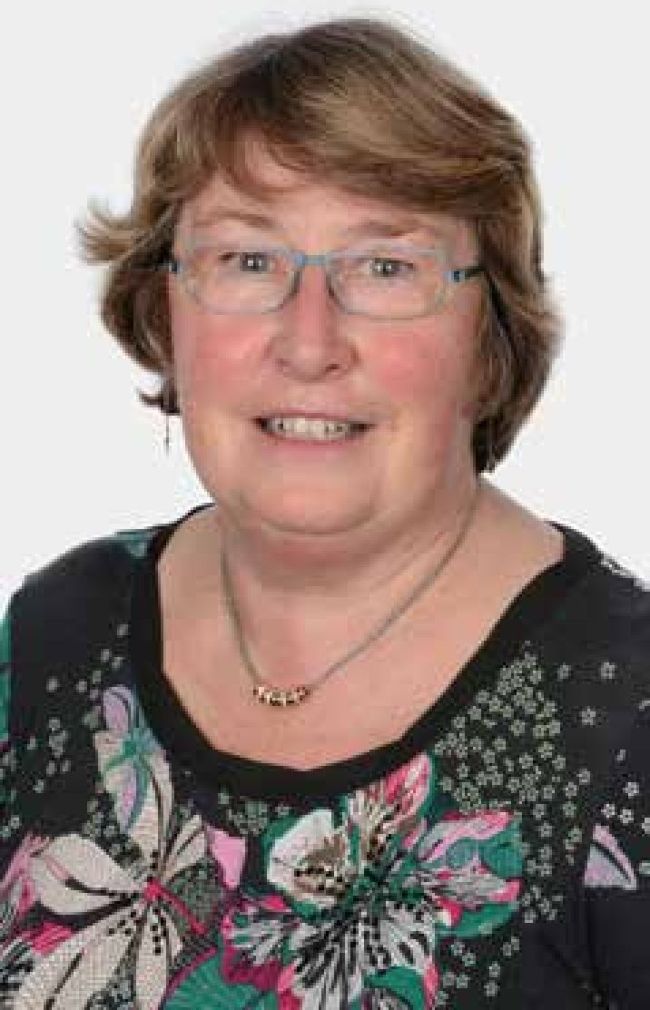The gift of life
Thomas Baldwin examines the area of altruistic kidney donation.
THERE are currently more than 5000 people in the UK, including 400 in Scotland, on the National Transplant List because they need a kidney – often having to spend hours every week hooked up to dialysis machines while they wait for a suitable match. The average kidney transplant waiting time for a child is six to 12 months, but for some it can be up to five years.
Yet, for many, it doesn’t have to be like that. Humans can live perfectly well with only one kidney, and transplants from live donors have been performed in Scotland since 1960. In the past 10 years, more than 500 people in Scotland have become living kidney donors.
And while most donors know the recipient of their kidney – giving to a partner, friend or child – a growing number of people are offering to be ‘altruistic’ donors – giving to someone on the list whom they do not know.
Here we speak to three people with a Church of Scotland connection who are or have been involved in the process of altruistic kidney donation.
The Donor
John Murison has been an elder at Greenbank Parish Church in Edinburgh for 36 years.
In 2015, following a comprehensive assessment, he donated his kidney at the Royal Infirmary of Edinburgh. His kidney was allocated to the best-matched person on the UK waiting list. He does not know who received his gift.
He said: “Giving a kidney is not a solitary act. One’s immediate family will be involved, and if you decide to follow this path you are going to have to talk to them about it before long.
“Last summer I told my wife, Alison, (also an Elder) that I wanted to see whether I was suitable as a kidney donor. She listened, and was supportive.
“This was critical, because not only was she going to look after me when I was convalescing, but she would be a witness, an observer, throughout the process; in fact she came with me to all the significant meetings, and I valued her wisdom.
“It takes longer than you might think. It’s a bit like considering a house extension, with planning permission first.
“There are more stages to be gone through than you would imagine. But this is good – they are being very thorough, and they are giving you plenty of time to change your mind.
“If you are in a position to help someone less fortunate than yourself, then you should do so; it’s not complicated.”
The Surgeon
Dr Lorna Marson is a Consultant Transplant Surgeon at the Royal Infirmary of Edinburgh and Reader of Transplant Surgery at the University of Edinburgh. She is also President of the British Transplantation Society and Deputy Chair of the Kidney Advisory Group. She is a member of Mayfield Salisbury Parish Church in Edinburgh.
In an interview for the hospital website, she said: “I had not planned to be a transplant surgeon, certainly it is not a sensible specialty for a mother of small children, as I was at the time. But I love the surgery, the ethical challenges around both living and deceased donation, as well as the exciting science. Above all, the amazing feeling of transplanting a patient and then going to see them afterwards, and they already feel better because of a functioning kidney.
“I am a kidney and pancreas transplant surgeon, with a lead role in developing the renal transplant services in East of Scotland. I am the main surgeon for the recipients of living donors, and have worked as part of a team to develop our antibody incompatible transplant program. I also undertake research that is aimed at improving outcomes following kidney transplants.
“It is difficult to give advice. I am always humbled when I speak to individuals who are considering giving a kidney, especially to someone they don’t know, and will never know. It is a big decision, so think about it carefully and talk to the people you are close to about it.”
The Independent Assessor
Anne Mulligan DCS is one of the team of voluntary independent assessors who act on behalf of the Human Tissue Authority (and currently one of two chaplains to the Moderator of the General Assembly of the Church of Scotland, the Rt Rev Dr Derek Browning). It is a legal requirement that donors go through a one-to-one meeting with an assessor to discuss their reasons for being a donor, to confirm that they understand the process and that they are doing it willingly.
Anne, who is a retired Deacon in the Church of Scotland, volunteered for the role after many years as chaplain at the Royal Infirmary of Edinburgh.

John Murison

Dr Lorna Marson

Anne Mulligan
She said: “When I was a hospital chaplain I was always interested in the ethics of organ donation and transplantation, and was fortunate to see the difference the gift of a transplanted organ can make to people’s lives.
“I ensure that all is in order and the donor has the capability to understand all that is involved, the transplant team have fully prepared the donor and recipient and they understand the risks involved. I confirm identity and the relationship of the donor and recipient (where applicable). I also establish that no coercion or reward is involved. It is such a privilege to hear the stories of donors and recipients.”
The process
There is no maximum age limit for a donation, as individuals are assessed on their own health and whether there is a suitable match for their kidney. There have been successful living kidney donations from people aged over 80 in the UK.
The assessment process takes three to six months, during which potential donors go through a series of tests – blood and urine tests, X-rays and scans, heart tracing and kidney function tests – and often a psychological assessment. They are allocated a Living Donor Transplant Co-ordinator who will guide them through the process, and they are free to change their mind at any time.
The assessment process can be started in a hospital or a clinic near to where the potential donor lives, but the transplant will take place in Edinburgh or Glasgow.
The operation takes two to three hours, and involves a hospital stay of up to five days. There are post-operative check-ups after a few weeks and annual follow-up appointments to make sure that the donor’s remaining kidney is still functioning, but for most people there will be no long-term impact on their lifestyle at all.
“If you are in a position to help someone less fortunate than yourself, then you should do so; it’s not complicated.
For more information, details of the process and recipient and donor stories, visit www.livingdonationscotland.org or by calling 0131-242 1703 (Edinburgh) or 0141-451 6199 (Glasgow)